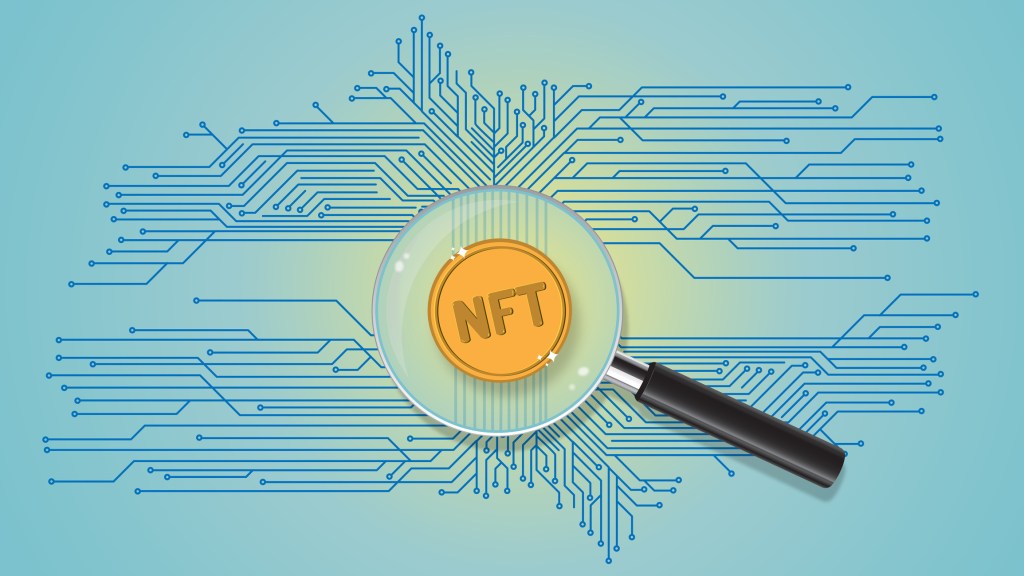Non-fungible what?
NFTs have had a strange first step into the spotlight, bringing wealth to a tiny group of people and perplexing most people. Before NFTs are written off as a flash in the pan, it might be worth considering that NFTs were never designed to be very useful in traditional investment frameworks.
It can be hard to imagine how this might all play out, but we are already seeing the outlines of this new economy begin to poke through the dried-out skin of the old model.
An auction house selling a $69 million JPEG is akin to a horse-and-buggy driver strapping a small nuclear reactor to the top of the cab and declaring, “This is an atomic buggy!” as the horse continues to chug along, doing all the work. You’ll get the attention of bystanders, but nothing has changed here.
Each of the recent headline-grabbing NFT sales is an instance of precisely this kind of backward thinking. And the bystanders criticizing the buggy driver and saying, “nuclear reactors are hype,” are not seeing the long-term implications, or they don’t like horses.
Whales, dogs, and unicorns
From early conceptions of investment as a way to fund transoceanic ship voyages to the rise of venture capital as we know it today, the entire cosmos of finance capital has remained an elite sport. The current model is based on big investors getting big wins.
Almost the entire world of finance capital is structured on giant whales and unicorns, mythical creatures that mere mortals consider themselves lucky to have glimpsed. The word “structured” is chosen here carefully, as the “big-dog” theory of capital is built on powerful intermediaries that facilitate the will of these top investors.
The invention of Bitcoin is an epochal event in the development of finance. Bitcoin itself has crystallized into merely another playground of power, but the technological tremors it left in its wake are starting to emerge as the real game-changers. Primarily, distributed ledger technologies (DLTs) — of which blockchain is but one instance — are a breakthrough on par with sending a message instantaneously to a person on the other side of the world.
DLTs mean that finance capital no longer needs powerful intermediaries — or intermediaries. Intermediaries are essential for parties to establish trust in transactions, trade contracts, or investments. Paying for the services of these middlemen can be written off as the cost of doing business for large companies and wealthy individuals. Still, these expenses remain prohibitive barriers for many.
DLTs break down these barriers because trust is established and built into the very architecture of the network itself. With DLTs, anybody with an internet connection can do big-dog-style business deals at whatever level they can afford, and the way these deals are transacted is through tokens.

